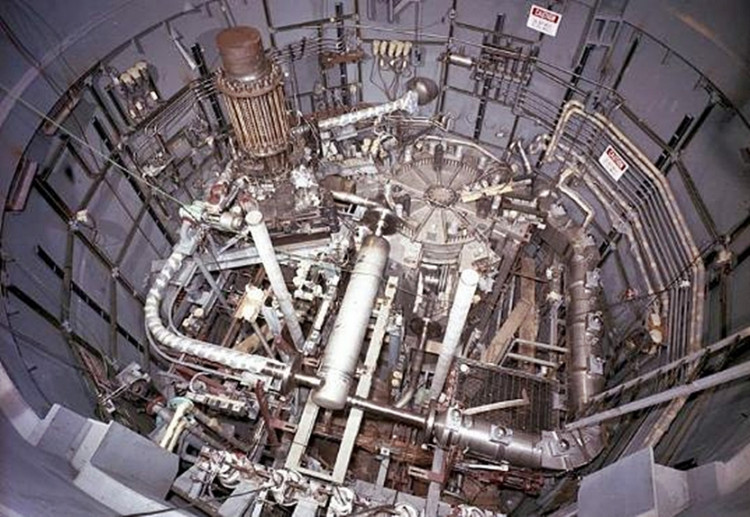Donald Trump's administration hasn't abandoned its almost two-year long campaign to sell highly-sensitive nuclear power technology to Saudi Arabia while bypassing the U.S. Congress, which is the only entity authorized by U.S. law to approve such a deal.
U.S. security experts are concerned the technology, which will be used to build nuclear power plants, will also allow Saudi Arabia to produce nuclear weapons in the future, triggering an arms race in the Middle East.
The administration's persistence in pushing forward this patently illegal deal was revealed by multiple but unnamed whistleblowers to congressional Democrats. A leading figure in this deal is former National Security Adviser Michael Flynn, according to a new report from Democrats.
Media outlets reported that Trump White House officials continued to push for the very lucrative deal in the early months of the administration in 2017 despite a half-dozen warnings from National Security Council (NSC) officials about the ethics and legality of the administration's proposal to export nuclear technology to Saudi Arabia.
The deal violated the U.S. law guarding against technology transfers. The Atomic Energy Act limits the transfer of nuclear technology to a foreign country without the approval of Congress.
The Trump administration's relationship with Saudi Arabia is under deep scrutiny because of Trump's personal business dealings with that country. There is also Trump's persistent refusal to accept the U.S. Intelligence Community's findings that Saudi Crown prince Mohammad bin Salman gave the order to murder dissident Saudi journalist Jamal Khashoggi. U.S. lawmakers are also concerned about the stability of Saudi leadership under bin Salman.
An interim staff report about the deal released by Rep. Elijah Cummings, head of the House Oversight Committee, says Derek Harvey, a senior NSC director and aide to Flynn, dismissed warnings and pushed the nuclear project advocated by IP3 International, a private firm founded by retired U.S. generals. Flynn previously worked for an IP3 subsidiary.
Flynn's deputy, KT McFarland, continued to champion the deal even after warnings of the deals illegality. McFarland's persistence forced career officials to report her comments to NSC lawyers.
"The whistleblowers who came forward have warned of conflicts of interest among top White House advisers that could implicate federal criminal statutes," said Cummings in a Feb. 19 letter to the White House.
Cumming's committee is also investigating efforts by U.S. nuclear power companies to win Trump administration approval to build nuclear power plants in Saudi Arabia and other Arab countries.






